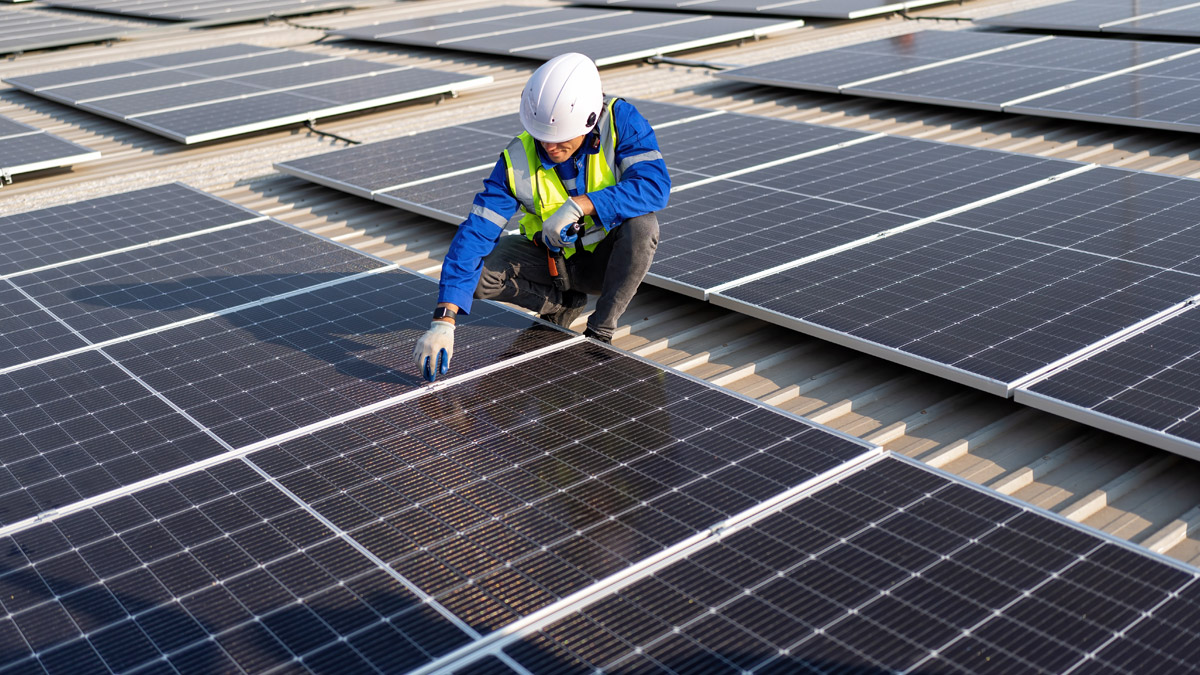Solar Energy Experts
Solar panels, also known as photovoltaic (PV) panels, are devices that convert sunlight into electricity. They consist of PV cells made of special materials that generate electrons when exposed to sunlight. These electrons then create an electrical current, which can be used to power homes, businesses, and more.
The cost of installing solar panels varies depending on factors like system size, location, and government incentives. Residential rooftop, commercial rooftop, and utility-scale ground-mount systems are common types. The U.S. Department of Energy provides resources to help homeowners make informed decisions about going solar.
Solar panel systems typically include panels, inverters, and often battery storage to store excess energy for later use. The number of panels required depends on the energy needs of the property. Calculations involve factors like panel wattage, system losses, and battery sizing.
The benefits of solar panels are significant. They provide clean, renewable energy, reducing greenhouse gas emissions and dependence on fossil fuels. Over time, solar panel installations can save homeowners money on energy bills and increase property value. Additionally, some states and municipalities have zoning regulations for solar installations, specifying the allowable size and location.
The decision to install solar panels should consider long-term financial savings and environmental impact. While the initial investment can be significant, many find it a worthwhile step towards greener living and energy independence.

